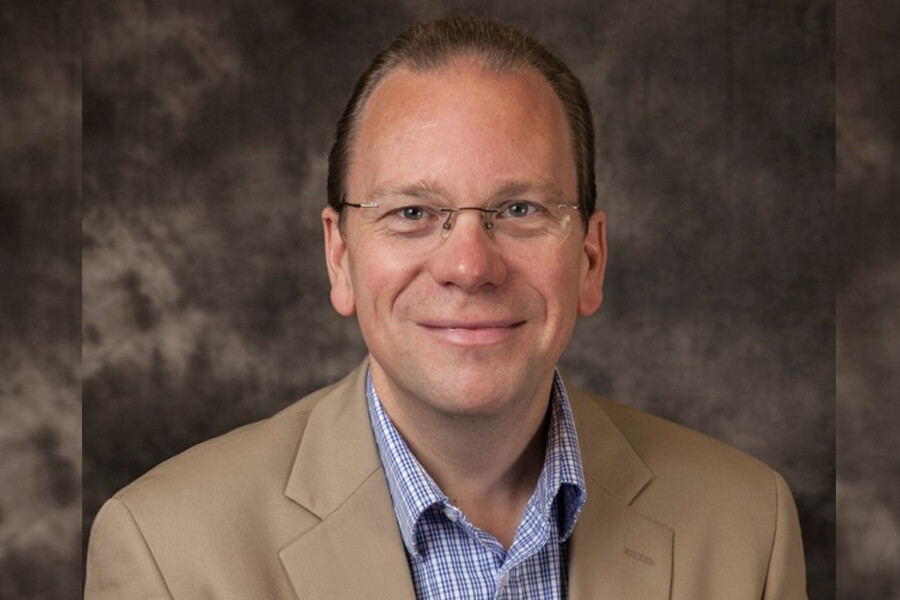
“The global forensic community are truth-seekers”, states Dr. Michael Pollanen.
As Chief Forensic Pathologist of Ontario and Professor in the Department of Laboratory Medicine and Pathobiology in the Temerty Faculty of Medicine, Pollanen is no stranger to conflict zones.
He has participated in many missions to uncover the truth in war zones, typically on the request of organisations such as the United Nations, the International Criminal Court, and the International Committee for the Red Cross.
“In difficult circumstances of armed conflict, particularly when crimes against humanity are at issue, there are often competing narratives that are driven by various factors," says Pollanen.
"The value of forensic science is that it can clarify the facts of what actually happened. If there are questions about whether or not the mass killing of a civilian population occurred, this can be easily determined by conducting autopsies."
Recently, the field of forensic pathology attracted media interest due to the war between Russia and the Ukraine, and reports from Bucha, an area impacted by the conflict. The United Nations chief has called for an independent probe looking into possible war crimes in Bucha.
A successful investigation happens when forensic pathologists work in teams of forensic experts spanning different fields of expertise.
Forensic archeologists are experts in exhumation of bodies, sometimes in the context of mass graves. Forensic anthropologists are experts in the examination of bones and associated identification processes.
Forensic pathologists span a variety of roles but are predominantly concerned with interpretation of injuries, determination of the cause of death, and correlation of injuries with the circumstances of how those injuries might have occurred.
Other key forensic experts may include forensic odontologists, forensic biologists specializing in DNA, and firearms experts who study ballistic evidence.
“Our main priorities as forensic pathologists are to identify the dead and discover the truth,” says Pollanen. “The humanitarian response for the benefit of families is vital. This includes identifying human remains and helping to restore family links by providing information about what happened to missing family members. This may include repatriation of the body to the family. We also focus on obtaining evidence that may support criminal prosecution to seek justice for the dead."
Due to often long delays between death and autopsy in these circumstances, forensic experts have different methods and tools to assist them in interpreting their observations in a variety of states of decomposition, says Pollanen. The most important skill they need is experience with the effects of decomposition on injury interpretation.
Objectivity and fact-based science are key.
“We do not approach missions and cases with preconceived notions about what we might find, but with an open mind,” says Pollanen, “In most cases, little will be known about the circumstances surrounding the death of the people who will be examined”.
Fieldwork in war zones is challenging, from a logistical point of view, but also on a personal level, he adds. “This can be very difficult work emotionally. Therefore, one of the biggest priorities on missions of this type is wellness, both personal wellness and ensuring the wellness of the people around you. The work can be very intense. Most forensic experts find meaning by understanding that their work will contribute positively to the events being investigated and provide answers for the people affected."